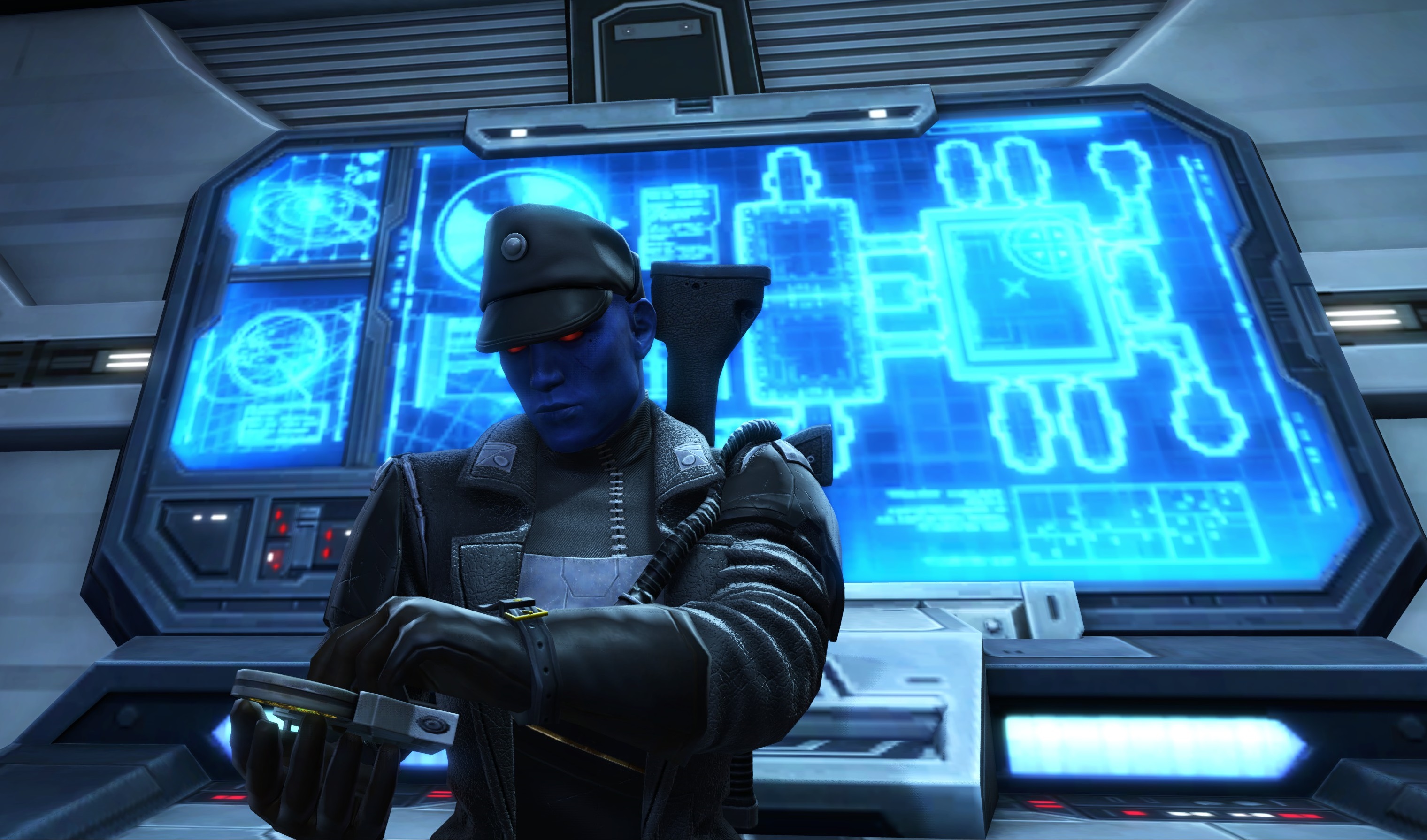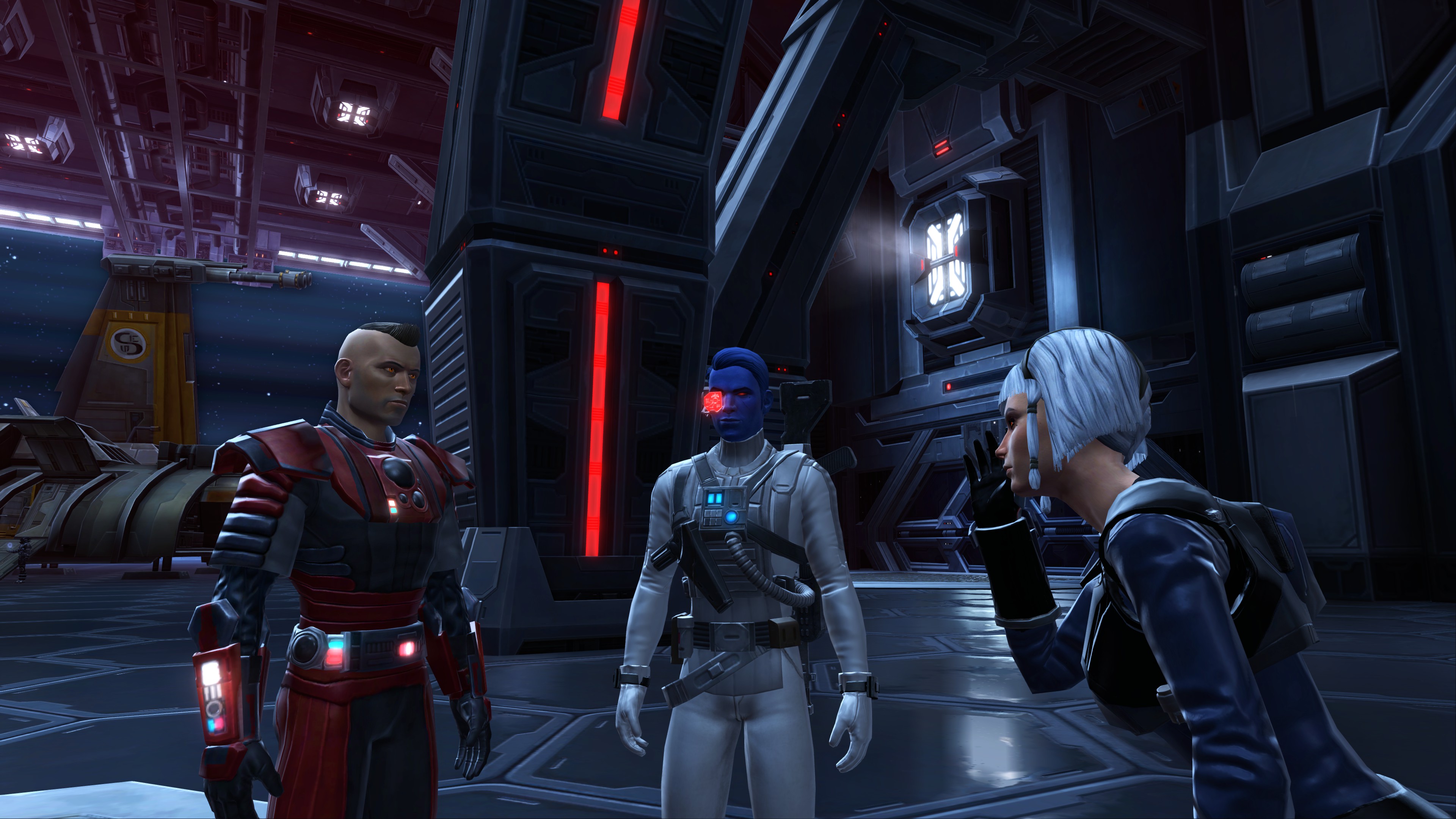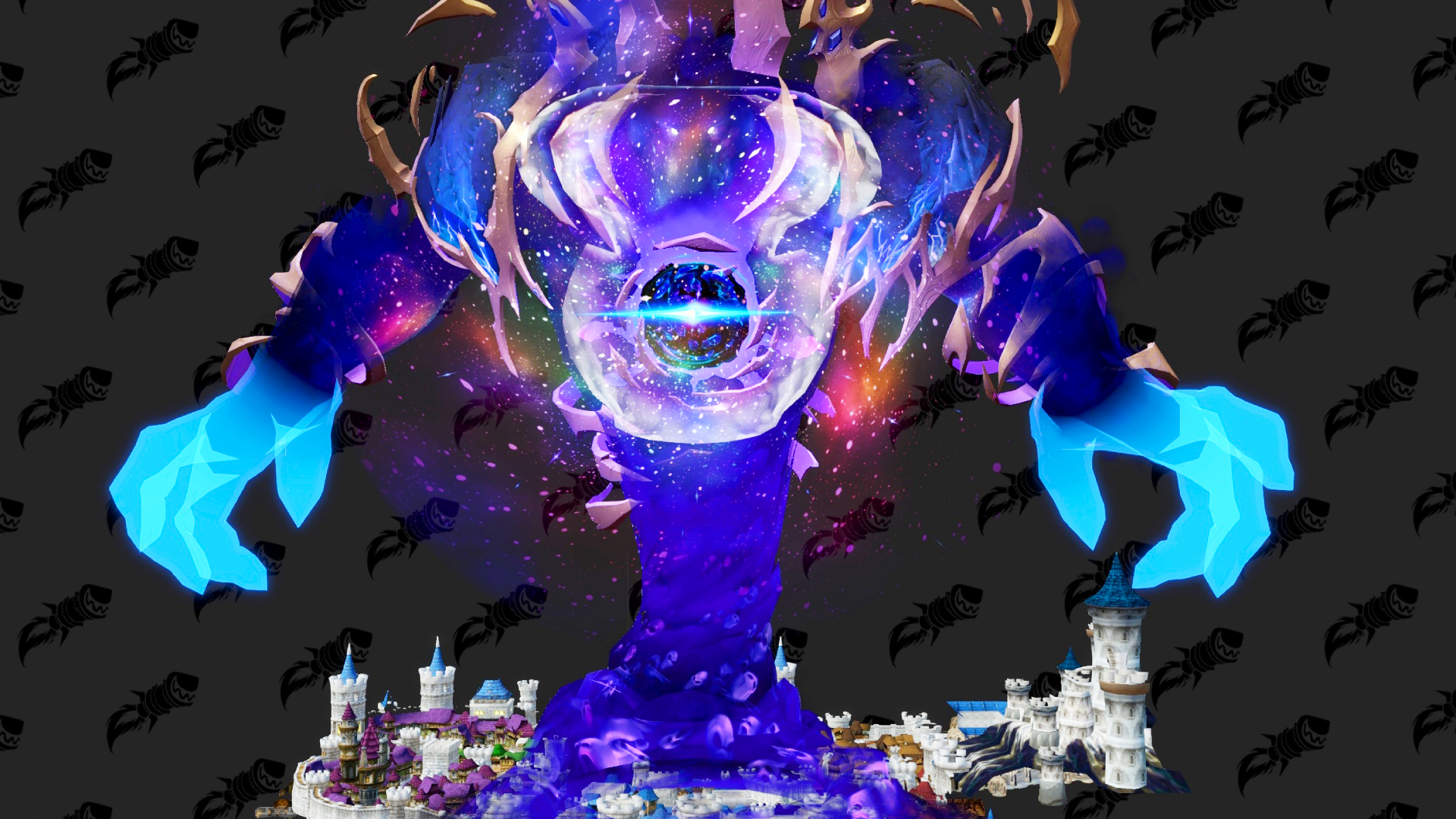
Hurry up and finish your Bond game, IO.
It’s a pretty great time to have a ravenous appetite for a good spy thriller. Sift through the mountain of streaming guff and you’ll find more than your fill. Want something sexy and slick? Mr & Mrs Smith will sort you out. Ever thought Gary Oldman would be great as a washed-up spy in desperate need of a bath? Slow Horses will make your dream a reality. Every platform seems to have one in its pocket, but when I turn off the TV and fire up my PC, I find it a lot harder to get my fix.
The dearth of quality espionage shenanigans is not a new problem in the realm of videogames. While the spy fantasy seems like it would be great videogame fodder, it’s rare that a developer will ever try to take a crack at it. And when we do get to step into the sneaky shoes of a spy, it’s usually in the guise of a stealth game that cuts out a great deal of what makes the spy setup so compelling.

Just take a look at our (admittedly dated) list of the best spy games on PC. There’s a lot of variety there, but few of these games attempt to recreate the full breadth of what it means to be a spy. You get to sneak, snipe or participate in heists, but there’s little of the slow-burning thrills that we see in their TV show counterparts. Sid Meier’s Covert Action and KGB come closest, but these are antediluvian games that I’d have a hard time recommending today.
Of the more playable among them, Alpha Protocol gets my vote as the best spy game, but it’s now 15 years old and comes from an era where Obsidian was frequently being pressured into pushing games out the door before they were ready. What you get is a great story and a game full of cracking ideas, but one where the execution wasn’t quite there.
Obviously there’s also Deus Ex (which, for some reason, we did not include in this list), which like Alpha Protocol does try to go beyond just replicating the stealthy part of a spy’s skillset. Across the series there are conspiracies to unravel, secrets to gather, interrogations to conduct and, critically, a bevy of difficult choices we’re presented with. That, I think, is one of the things that a lot of spy-themed games miss—the tense decision-making component that an operative might have to wrestle with when they are on their own, without backup.
Secret agent chiss
So yeah, there are options, but it’s slim pickings. Unexpectedly, the game that ticks the most boxes for me is Star Wars: The Old Republic. Playing as an Agent turns the MMO into a complex thriller that begins with you investigating a terrorist group threatening the Empire. It’s genuinely amazing. Right from the get-go you’re tasked with impersonating a pirate to infiltrate a Hutt operation, then you’re posing as a terrorist, and eventually you go full double agent and have to deal with becoming a victim of mind control.
It’s wild that, even within the constraints of an MMO, and despite it being just one of several class stories, BioWare goes all in. When you’re sent to Alderaan, for instance, you have to pose as a mercenary, working with one of the noble houses so you can hunt down someone working with the terrorists. Here, you end up seducing/being seduced by one of the nobles, both of you thinking you’ve got the upper hand, and let’s just say that things get bloody.
SWTOR’s focus on making Dark Side and Light Side choices also works phenomenally here. Where the other classes often treat these choices as more binary (cartoonishly evil or Disney do-gooder) the spy themes elevate these decisions. Since you’re not some theatrical Sith Lord, the calls you’re forced to make feel more grounded and nuanced. What’s interesting is how, even as an Imperial, the Light Side choices often feel like the most appropriate ones. These are generally framed as the choices of a patriot who fully believes the Empire should be running the galaxy, but also believes that unnecessary bloodshed won’t aid the cause. You’re still loyal to a tyrannical, fascist regime, but you see your duty as not just protecting an abstract galactic superpower, but the people who dwell within its borders.
At the end of the first act, I spent a good 20 minutes wrestling with one of these choices. I’m going to delve into big spoiler territory here, just so you know. During the act’s climax, you infiltrate an Imperial vessel where a traitor is planning to unleash superweapons upon the galaxy. You have half of the command code from a previous mission, the traitor has the rest. If nobody takes control of the weapons, they will randomly start unleashing their payload, risking the lives of millions of Imperials.
Here comes the twist: The traitor is your old Sith boss, who faked his own death. He wants to use the weapons to take out his competition on the Dark Council and usher in a new era for the Empire. And he wants you to join him. You have three options: join him, and become his minion; use the command code to stop the attack; or pretend to back him, activating the weapons against his targets, which will buy you enough time to disable his ship, allowing back-up to come and arrest him.
While joining him might seem like the worst and most evil option, it’s not as straightforward as that—especially if you’re playing an alien. See, your old boss wants to topple the old, ultra-racist regime, which could benefit people just like yourself. It’s an argument he explicitly makes. If you just stop the attack, meanwhile, he’ll escape, which means he will almost certainly return one day and threaten the Empire again. But if you want to stop him permanently, it’s going to cost thousands of lives. You can stop the attack after you’ve disabled his ship and defeated him, but not before you’re treated to transmissions from the loyal Imperials about to die, effectively by your hand.
I begrudgingly opted to stop him by sacrificing thousands of lives—the first Dark Side choice I went for with this character. It was heavy. Imperial Intelligence then leveraged the trauma of making this choice to trick its Republic counterpart, the SIS, into believing I was willing to defect, turning me into a double agent. And soon after, I unwillingly became a triple agent after the Republic used secret mind control tech on me. When I tried to tell my superiors I’d been compromised, instead I found myself uncontrollably lying to them.
Trust exercises
This is the kind of twisted spy drama I crave. Double, triple, quadruple crosses; disguises and secret identities; fake deaths and elaborate conspiracies. That this is all contained within a Star Wars MMO is kinda nuts.
My only hope for a new game that captures even some of this is IO Interactive’s Bond game. While we know next to nothing about it, aside from the fact that it will be something of an origin story with a younger Bond, the studio’s work on the Hitman series gives me a lot of faith. You might technically be an assassin rather than a spy, but in all the ways that count it’s the same deal. The social stealth elements that were emphasised by Blood Money and the World of Assassination games are pure Bond. The disguises, manipulation, the transformation of every map into a tactical playground—the foundations of a brilliant spy game are all there.
But what I’m really hoping for is another layer on top of that: the RPG-like choices that make SWTOR’s Agent storyline so damn gripping. Agent 47 is a machine. He chooses how and when to kill, but he has no agency beyond that. What makes the best spy fiction so compelling is the friction between an agent’s status as a tool of the state (or their employer) and their humanity. It’s not even just about the ethics of their job, but the toll it takes—the mental load of all that pressure, all the lies. If IO manages to nail that, we might be in for something very special.






